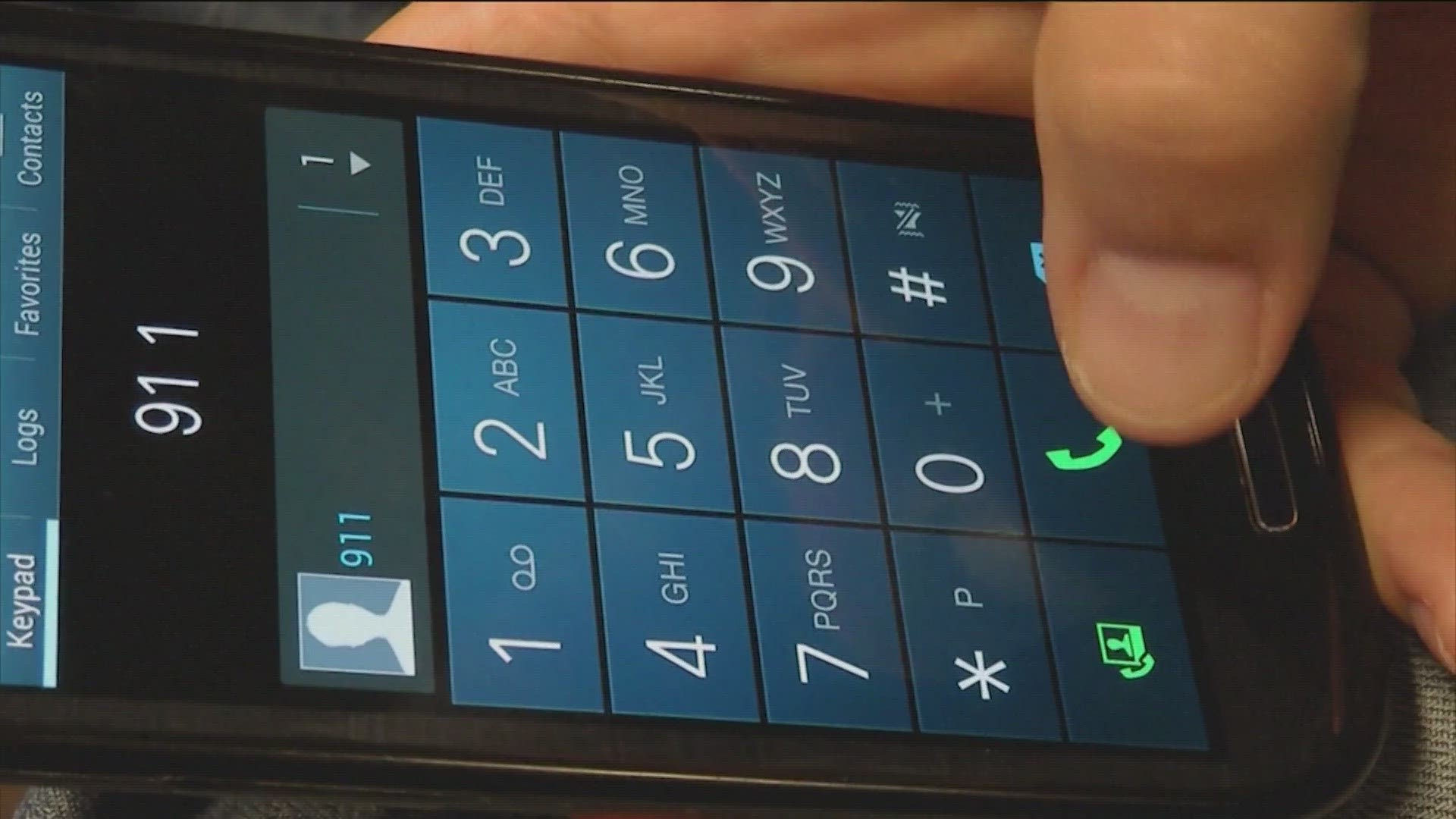It's a growing problem: Children are targeted online by sexual predators and blackmailed into providing sexual images, or even engaging in sex acts.
Texas Lawmakers are working to fight this problem.
Representative Tony Dale from Cedar Park filed House Bill 2974 which makes it a state jail felony to threaten someone to either obtain intimate pictures or to threaten to release or publish material.
"This new bill addresses a gap in law whereby it is currently not illegal to threaten or extort people to provide such material," said Dale. "If such material is published, like I said, that's already illegal, but blackmailing people today for these purposes is not specifically illegal because there's no overarching statute in Texas regarding blackmail or extortion."
According to the National Center for Missing and Exploited Children (NCMEC), “sextortion is a relatively new form of sexual exploitation that occurs primarily online and in which non-physical forms of coercion are utilized, such as blackmail, to acquire sexual content -- photos and video -- of the child, obtain money from the child or engage in sex with the child.”
Monday, the NCMEC as well as investigators at the attorney general's office said they have seen a rise in this type of crime.
Representative Dale said the laws haven't kept up with technology and it's time to do something.
"Clearly what we have is a case in which social media is the main avenue by which this is happening -- but also, the law doesn't contemplate that, right? So you've got modern technology and law that's not been updated and that's part of the problem that we're trying to solve here," said Dale.
Captain Jerry Meadors with the Internet Crimes Division against Children in the Attorney General's Office said social media and internet access has played a big role in these crimes. He said the internet allows the predators to remain anonymous.
"Unfortunately our children may start chatting with these individuals believing they're one of their peers, another child -- becoming a friend online and a lot of times it's not," said Meadors.
The NCMEC started tracking these cases with their tip line. Between 2014 and 2015, they saw a 90 percent increase in number of reports. By 2016, they saw a 150 percent increase. They said the average victim is 15 years old.
"We believe this bill will give our victims the voices they deserve," said Meadors.
Dale encourages parents to talk to your child about the issue and online safety.
As introduced, the bill would not apply to any offenses committed before the bill’s effective date. If signed into law, HB 2974 would go into effect Sept. 1, 2017.
The Texas Legislature’s website states HB 2974 has been referred to the House Committee on Criminal Jurisprudence. TAP HERE to follow the bill’s progress.



